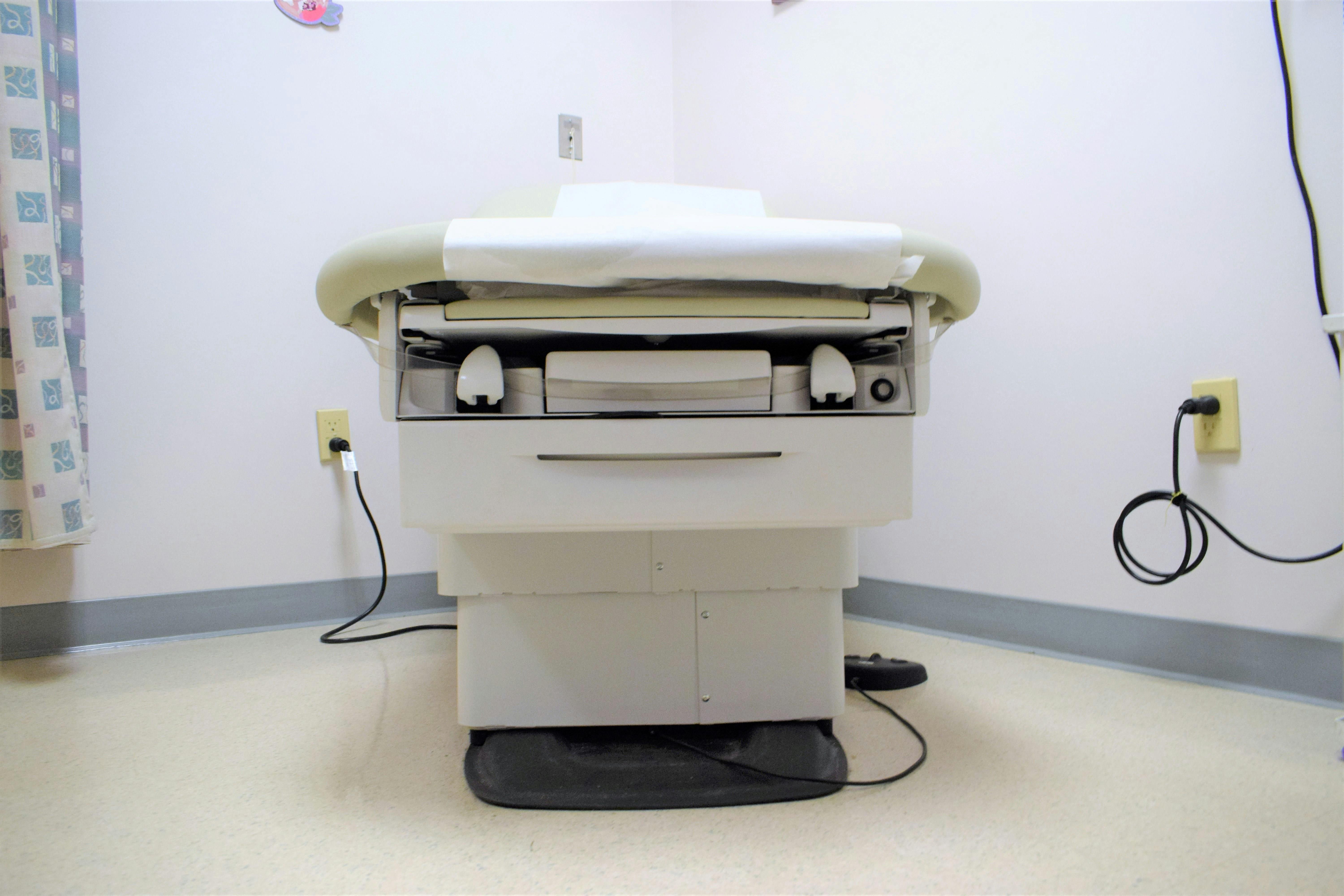The Right Time
Where to Get Birth Control
COVID-19 update: The Right Time health centers are open and offering free or low-cost birth control. Participating health centers also offer telehealth appointments and home delivery of birth control. Follow the link below for more information.
Learn moreWhat Does “Dual Protection” Birth Control Mean?
It usually means using a condom along with another method of birth control.
Learn moreWhy Talking About Birth Control Before Sex Matters
It doesn't have to be serious or formal.
Learn more
























 Abigail, 19, Implant
Abigail, 19, Implant Kesha, 32, Withdrawal
Kesha, 32, Withdrawal Anastasia, 21, Internal Condom
Anastasia, 21, Internal Condom


